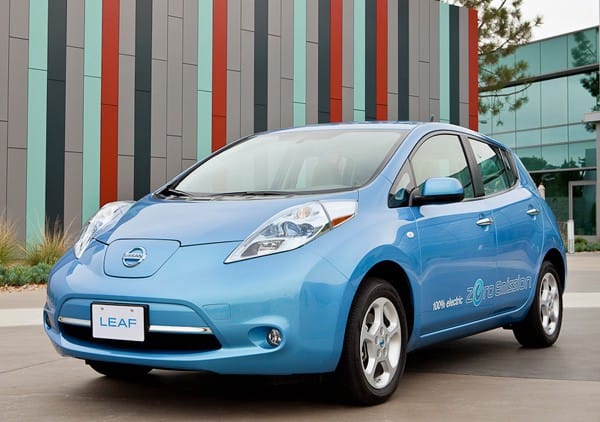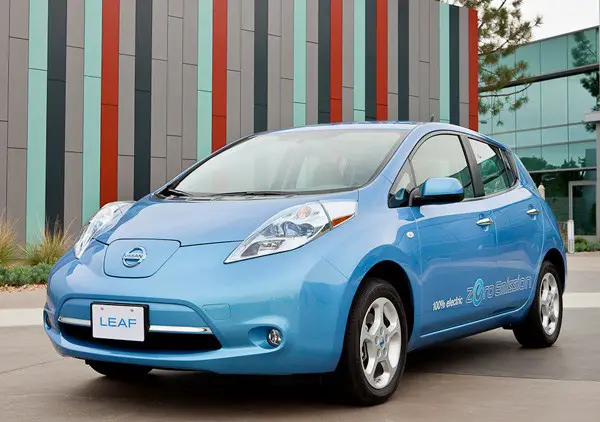The Future of Mobility is Electric
Electric vehicles (EVs) are still cars, and anyone who has driven an automatic vehicle will feel at home behind the wheel of one.Transport…


Electric vehicles (EVs) are still cars, and anyone who has driven an automatic vehicle will feel at home behind the wheel of one.Transport cost is expected to rise due to economic growth and high cost of fuel.Therefore EVs becoming the only cheaper way to lower the cost of living.If you an environmental conscious, want to save and to embrace new technology then switching to EV is a win for you.
The biggest different between conventional vehicles and EV cars during everyday driving is the regenerative braking system, which captures kinetic energy (caused by the forward motion of the car) and feeds it into the battery whenever you lift off the accelerator. EVs still have a brake pedal, but it can be used less often due to extra retardation caused by the regen system.
Nissan Leaf has one pedal where the accelerator is used to speed up and slow down.The pedals are not necessary in this car because electric cars slow down abruptly than the conventional cars do when you lift the accelerator.
The best way to think about it is lifting off the accelerator a little causes the car to slow gradually, while lifting further or fully off the pedal causes it to slow more sharply, and the brake lights will come on.
It only takes a few hours with an EV to drive with one pedal. Brake pedals are only needed during emergencies, when coming to halt, driving on a cold morning, before the battery pack and regen system warms up.
There are many reasons to consider an EV over a conventional car. The obvious one is the lack of localized emissions because the the car doesn’t have an exhaust therefore being environmental conscious unlike the diesel and petrol. Other benefits of EV include service free, that is no need for replacing the disc brakes and pads, because of the regenerative braking.
EVs are also quiet, very easy to drive, have automatic gearboxes, and filling the battery with electricity is cheaper than using petrol or diesel to go a similar distance.If you install a charger at home and power this with solar panels, then you can reasonably expect some car journeys to cost you nothing at all.
According to Mercy Naimutie an Environmentalist from Knights and App company that deals with importing and leasing of EVs in Kenya says range anxiety is the major problem this is due to lack of public service stations where you can recharge your car in 15–20 minutes in case the power depletes. On a single charge the car can travel up to 120 km therefore suitable for day to day running of your errands, but due to lack of public stations the cars can not go for longer distance. Lack of infrastructure that is suitable for electric vehicle is also a challenge however the government is coming in to encourage the citizens to purchase these cars promising to improve the infrastructure and lower the rates of importing the EV. ENV 200 and Nissan leaf are few of the EV cars that this company own and some will be imported soon.
If motorist switch to electric cars the streets will be quieter, the air will be cleaner and people will speed less on powering the vehicles.




